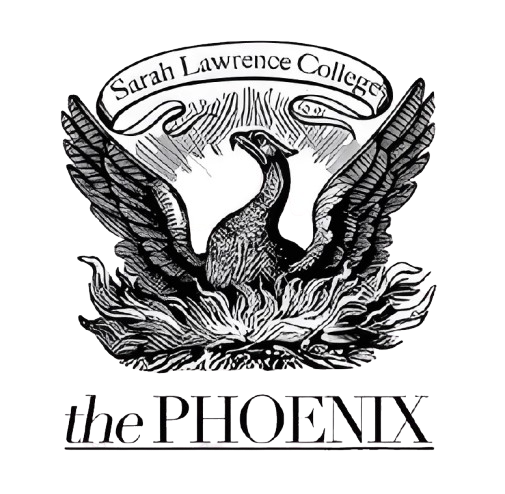SLC Students are Washington D.C. Bound for Scholars at Risk Student Advocacy Day
Professor Santiago Guevara before (left) and after (right) he was released from prison. He has lost between 60 and 70 pounds since being imprisoned. Photo Credit: Scholars at Risk
On Feb. 21, 2017, the Venezuelan scholar Santiago Guevara, a prominent economist at the University of Carabobo, was arrested for voicing his opinions on the economic conditions and political unrest in Venezuela. Since then, he has been charged with treason, incitement to rebellion and “crimes against the security and independence of the nation” by a military court. In early Jan., Professor Guevara was released from prison but his health is in extreme danger and his trial continues to be delayed, therefore leaving the government in control of his assets and the threat of returning to prison looming over his head.
SLC students will be advocating on behalf of this scholar on March 9 at Capitol Hill. As part of the second annual Scholars at Risk Student Advocacy Day, students will be coming together from around the country to advocate for the release of wrongfully imprisoned scholars across the world. SAR, an “international network of institutions and individuals whose mission is to protect scholars and promote academic freedom” has previously advocated for imprisoned scholars in Bahrain, Ethiopia, Iran and the UAE. This year, each student group will be advocating on behalf of a different scholar, with SLC students being the sole group working on behalf of Guevara. These efforts are the focus of a year-long seminar taught by guest professor Janet Reilly, People on the Move: Narrating Displacement, Critiquing Crisis, and Advocating for Refugees and Forced Migrants, which explores “causes and consequences of forced displacement, and the politics of the international community’s response to refugee crises,” as well as “the human dimension and experience of forced migration.”
“It’s been extremely eye-opening,” says Dominique Xi (’21), a current student in the course. “Not only was I able to learn more about a country that isn’t really covered in the news a lot - although what’s happening in Venezuela is major - it’s also been amazing to have a glimpse into the advocacy world.” The class chose to focus on Guevara as “his case was very recent and didn’t have as much attention,” as well as for the fact that the many Spanish speakers in the class would aid in the advocacy effort, particularly with translating documents according to Xi.
The upcoming trip to Washington D.C. is the culmination of months of work. Throughout the fall semester, students have been involved in intense research, setting up a plan to assist with Guevara’s case through monitoring news feeds for relevant information, reaching out to experts and human rights organizations and hosting petition signing events on campus. They have worked closely with representatives from SAR, keeping in touch through emails and frequent Skype talks, and plan to present a combined report detailing the case and outlining steps for further action.
It’s been heavy work, but the class has also had the opportunity to listen to speakers and refugees about not only Venezuelan crisis but other cases as well, and as Xi comments, “the people we’re able to meet and the stories we’re able to hear” has made it all more than worthwhile. And while it’s been “amazing to see what we can do even from our little classroom,” the class is also well-prepared, if a little anxious, to campaign at Washington D.C.: participating in the advocacy effort up close and personal.
The event is planned to take place over two days, with a training day on Thursday March 8 on New York University’s campus in D.C. and an advocacy day on March 9 on Capitol Hill. It will include keynote speakers, case presentations, and panels from respected human rights professionals and government officials from the State Department, US Congress, and national and international NGO partners. Students will undergo advocacy training and preparation for meetings with representatives and their staff, learning how to advocate on the Hill. On Friday, the students will break into smaller groups to meet with staffers of their senators to appeal to their human rights policies and urge them to put more pressure on authorities that have pull in Guevara’s case.
This is only the start of a long and sustained effort to campaign for Guevara’s case. Following this, the class will be hosting a panel of scholars discussing the Venezuelan crisis on April 20 in Miller Lecture Hall.
Until then, the students ask that the SLC community continue to support their efforts and stay invested in the cause. “Stay informed about Venezuela, follow the SAR at SLC Twitter, and sign the letter on the SAR website urging for [justice for] Santiago. Pay attention to news, get the story out there on your social media,” Xi said.
And above all, they have a simple message for anyone willing to listen. “Before you have actually an opinion about immigration, it’s important to be educated about the topic before you decide you're anti or you're pro immigration. Especially because there are so many complexities, and so many hardships involved, and a lot of human aspects that go into it as well. These are people who are just trying to get to better places” said Xi.
Chelsea Liu '21

